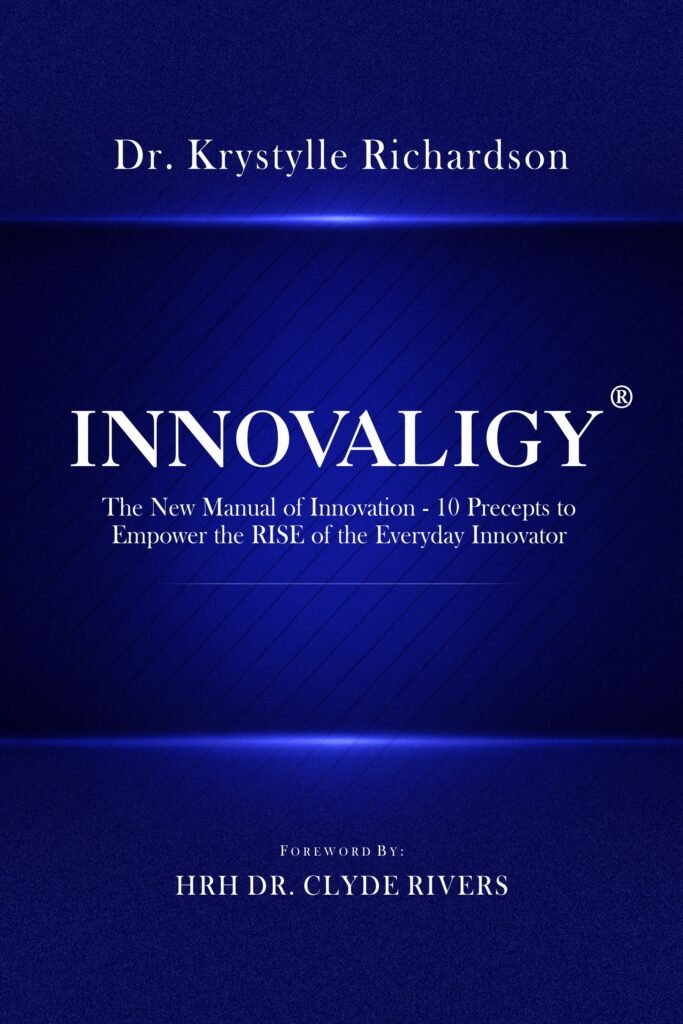The Impact of U.S. Military Withdrawal on Global Stability: Is It a Strategic Gamble?

In an era of shifting alliances and emerging superpowers, the recent U.S. military withdrawal from several global conflict zones has sparked intense debate among political leaders, analysts, and global citizens alike. While some herald the move as a step toward refocusing on domestic priorities and reducing military overreach, others fear it signals the unraveling of global stability, potentially leading to power vacuums, geopolitical instability, and economic turbulence. So, is this withdrawal a calculated strategic move, or has the United States gambled its global leadership and security in ways that could have long-term consequences? Let’s delve into the ramifications and explore the broader implications for businesses, political leaders, and nations worldwide.
A Shift in Geopolitical Dynamics
For decades, the U.S. military has served as a stabilizing force across multiple regions, from the Middle East to Eastern Europe. Its presence has been a cornerstone of global security, acting as both a deterrent to adversaries and a stabilizing force for allies. However, in recent years, shifting priorities—such as the growing influence of China, the need to focus on internal challenges, and the rise of non-state threats like cyber warfare and terrorism—have prompted Washington to reevaluate its international military footprint.
The withdrawal of U.S. forces, most notably from Afghanistan and Iraq, represents a dramatic reconfiguration of American foreign policy. By scaling back its military presence, the U.S. has signaled a shift from interventionist strategies to a more restrained, perhaps even isolationist, posture. This move has left a void that other global powers—particularly China and Russia—are eager to fill, leading to increased competition for influence in these critical regions.
Power Vacuums and Rising Tensions
One of the primary concerns surrounding the U.S. military pullback is the creation of power vacuums. With American forces no longer in place to exert influence, regional powers are left to assume responsibility for security and governance. This situation is particularly pronounced in areas like the Middle East, where long-standing rivalries, sectarian tensions, and external interventions have often resulted in instability. The U.S. exit has created opportunities for other regional powers to assert themselves, sometimes exacerbating conflicts.
For instance, Russia’s involvement in Syria, and Iran’s growing influence across the region, reflect the way global power dynamics are shifting in the absence of U.S. military presence. This geopolitical realignment is especially concerning for U.S. allies, such as Israel and Saudi Arabia, who may face greater security risks as they find themselves increasingly isolated in a multipolar world.
Moreover, the U.S. pullback is seen by some as emboldening adversarial nations, including China, which continues to expand its military and economic presence in the South China Sea and Africa. China’s Belt and Road Initiative, which seeks to expand its global economic footprint, has also included the establishment of military outposts in strategic regions once dominated by Western powers.
Economic Consequences: Uncertainty in Global Markets
The ripple effect of the U.S. military withdrawal isn’t limited to political and security issues. The economic consequences are equally significant. Global markets thrive on stability, and the uncertainty created by a vacuum of U.S. influence could lead to volatility, particularly in regions dependent on U.S. support for trade and security. As China, Russia, and other global powers jockey for position, industries reliant on international trade routes and secure global infrastructure may face new risks.
Additionally, the withdrawal has sparked concerns among international investors. Countries previously dependent on U.S. military alliances, particularly in the Middle East, could see a reduction in foreign investment, as businesses assess the potential risks of operating in less stable environments. The increased potential for armed conflict and the erosion of established alliances may make some regions less attractive for long-term investments, particularly in sectors like energy, infrastructure, and technology.
However, for entrepreneurs and businesses that thrive on technological innovation and new economic frontiers, the shifting landscape could present new opportunities. As traditional power structures are upended, emerging economies and new trade partnerships may create avenues for investment, innovation, and expansion.
The Role of Technology in Shaping Global Security
As the U.S. reduces its military footprint, technological advancements—particularly in cybersecurity, artificial intelligence, and unmanned aerial systems—are playing an increasingly important role in shaping global security. Nations are relying more on these tools to maintain their security without the need for traditional military presence.
Cybersecurity has become a battleground in the absence of boots on the ground. Nations and non-state actors are engaging in cyber warfare, targeting critical infrastructure, financial systems, and government networks. The U.S., with its global network of cyber capabilities, has been at the forefront of this technological shift, but as it reduces its physical presence, the role of cybersecurity as a new form of defense becomes more prominent.
Artificial intelligence (AI) and unmanned systems are also reshaping warfare and defense strategies. Military technologies like drones, autonomous vehicles, and AI-enhanced surveillance systems offer new ways to project power and influence without the need for large military deployments. As global powers like China and Russia accelerate their investments in these technologies, it is clear that the future of global security will depend not just on military presence, but on technological dominance.
Is It a Strategic Gamble or a Smart Move?
As the world adjusts to the reduced U.S. military presence, the question remains: is this a strategic gamble or a smart recalibration of priorities? Advocates for the withdrawal argue that America’s future lies in domestic growth, technological innovation, and renewed global partnerships based on diplomacy and trade, rather than military dominance. For these proponents, the move reflects a long-overdue shift away from costly military interventions that have yielded mixed results.
On the other hand, critics argue that the consequences of the withdrawal could be far-reaching, particularly if power vacuums lead to greater instability and regional conflicts. The risk is that without a strong U.S. presence, these areas could become battlegrounds for rival powers, leading to higher global tensions and economic instability.
The reality likely lies somewhere in between. While the U.S. withdrawal presents risks, it also opens up opportunities for nations to rethink their security strategies, leverage technological advancements, and form new alliances. The key to navigating this new era of global relations will be adaptability and strategic foresight.
What Does This Mean for the Future?
In the coming years, the full impact of the U.S. military withdrawal on global stability will continue to unfold. Business leaders, policymakers, and global citizens alike must stay vigilant, monitoring geopolitical shifts and emerging threats. For those involved in global trade, technology, and investment, understanding the shifting power dynamics will be critical in making informed decisions.
It’s clear that the era of U.S. military dominance is evolving, but how this transformation plays out will depend largely on how nations—large and small—adapt to the changing landscape. The withdrawal presents both risks and opportunities, and the most successful global actors will be those who can pivot quickly and intelligently.
Stay ahead of these critical developments by signing up for daily insights and expert analysis at Innovation Times. Whether you’re an entrepreneur, a business leader, or a technology enthusiast, we’ll help you stay informed and make the best strategic decisions in this rapidly evolving global environment.










